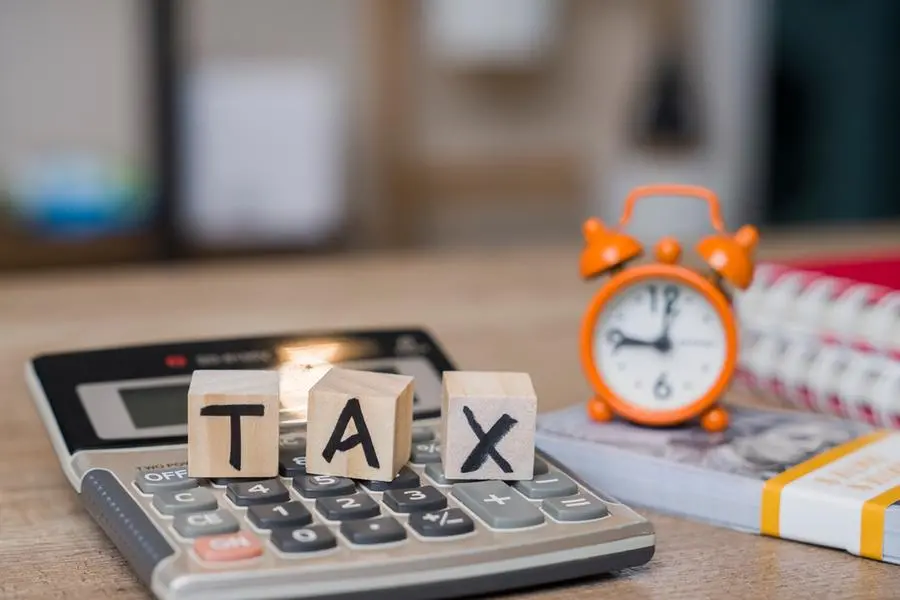PHOTO
At a time when the Council of Ministers announced that the Minister of Finance, Fahd Al-Jarallah, was assigned to quickly prepare a draft law to increase the minimum pensions for retirees, in cooperation with the relevant parliamentary committees, and to prepare a vision for improving the living standards of citizens working in the public and private sectors, in coordination with the National Assembly, to complete it before the end of the current year, government sources confirmed to Al-Jarida that the government is serious about raising the standard of living of citizens and supporting retirees and employees of both sectors through several government decisions and laws capable of providing them with a decent life.
This step will depend on non-governmental alternatives, most notably the selective and corporate taxes. The sources said that government studies concluded by dividing citizens eligible for support into segments to benefit from financial increases on the one hand and raising the minimum pension for retirees on the other hand, reports Al-Jarida daily.
This is in addition to supporting citizens working in the “private” sector to achieve justice and equal opportunities. The sources revealed that these studies concluded that the government will not bear all the costs of the upcoming increases, but rather will resort to alternative methods so as not to affect the general budget, which will bear only 300 million dinars of the estimated cost of implementing the upcoming laws, which is estimated at about 700 million.
The sources confirmed that these laws, which will see the light by the end of this year, came based on directives from the political leadership, then extensive studies resulted in what the government announced at the Cabinet meeting, denying that this government trend to approve retiree laws and raise the standard of living is aimed at buying time or buying loyalties in Parliament in light of the recent wave of interrogations.
The sources pointed out that the scenario of bearing the cost of laws to improve living conditions would be through imposing a selective tax on harmful goods, energy drinks, and cigarettes, which is a Gulf agreement, in addition to a tax on companies, banks, and some petroleum derivatives, whose estimated revenues reach 400 million dinars, while the government will bear the 300 million dinars. The sources added that raising the standard of living will be matched by major economic and financial reforms that are expected to contribute to supporting the state budget significantly, in a way that will develop non-oil revenues to be a real source of the budget, denying the tendency to impose any taxes on citizens after the approval of these laws.
© 2022 Arab Times Kuwait English Daily. All Rights Reserved. Provided by SyndiGate Media Inc. (Syndigate.info).





















